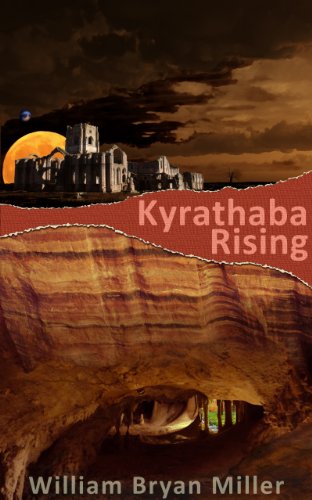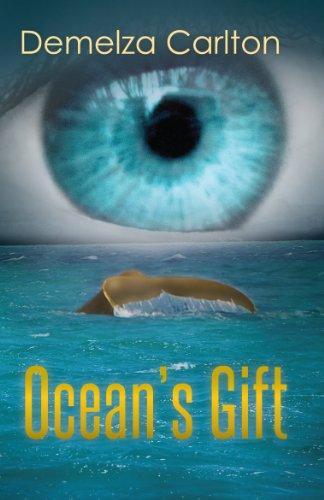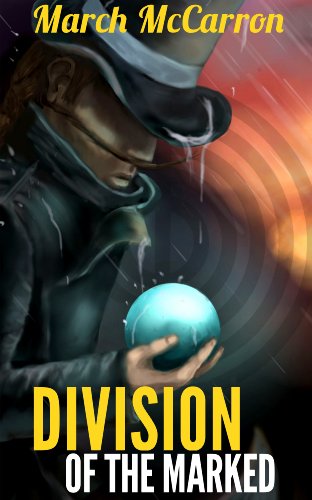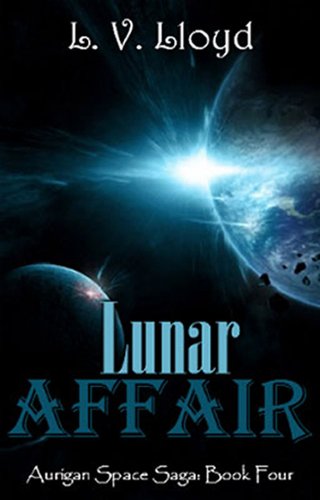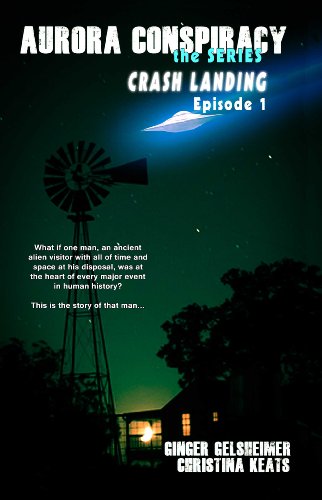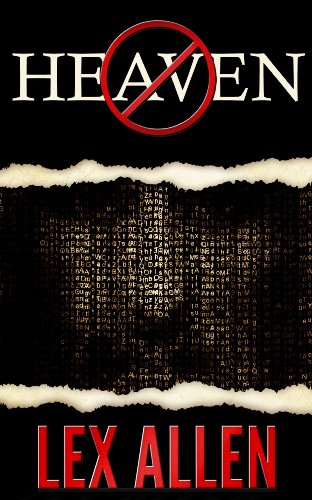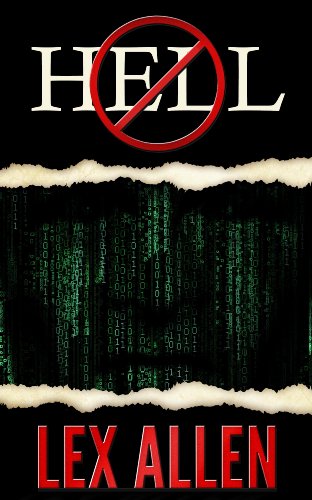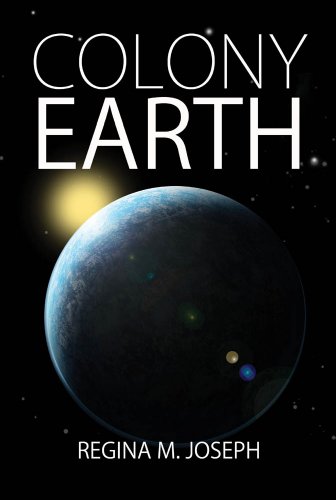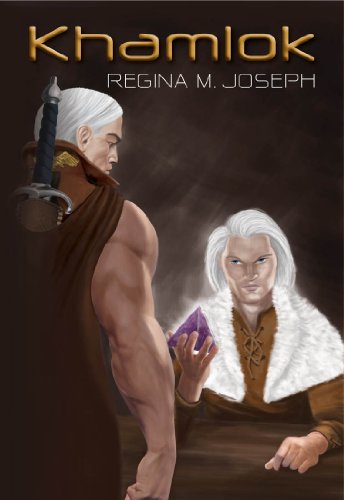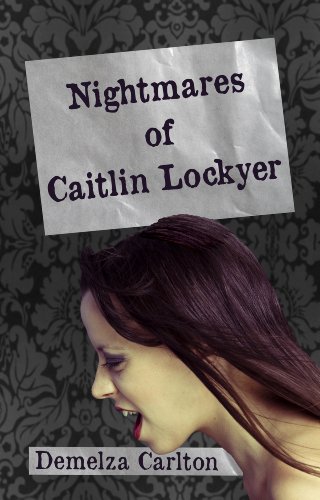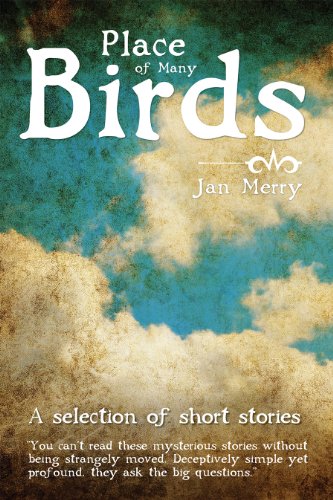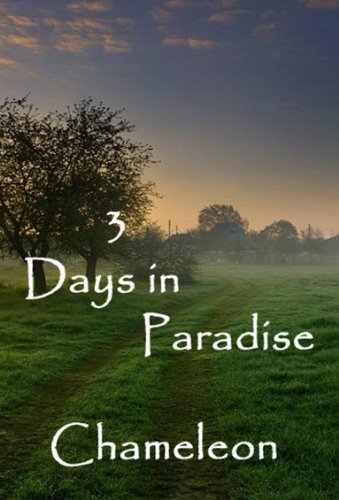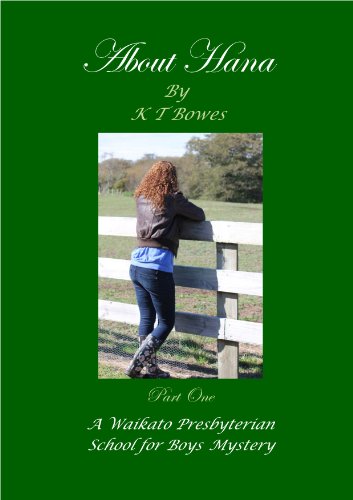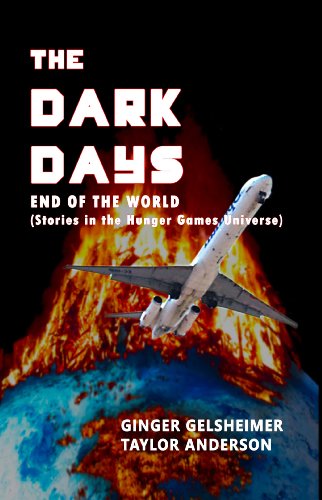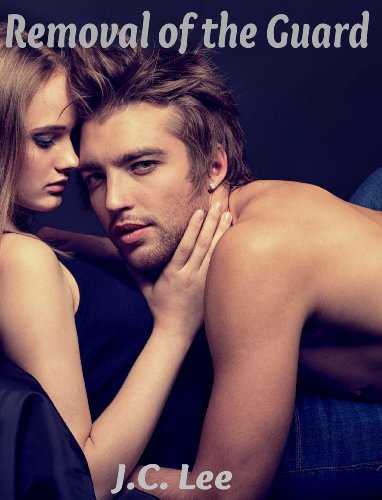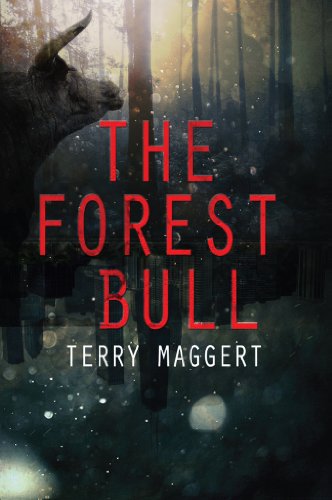Critics gave the new film of The Great
Gatsby luke warm reviews, disappointed it did not capture the essence of this enduringly
popular novel. But weren’t they being a little harsh, after all, it would be just
about impossible to please the gate-keepers of this classic America novel,sometimes described as the greatest American novel ever written.
Regarded as Fitzgerald’s masterpiece, it
embodies the conflicts between the established sources of economic and cultural
power and those like Gatsby of humble origins who make good, becoming wealthy and
powerful in the process; in other words, it embodies the American dream that anyone
can make it against the odds of class, background and old money, an ideal which
is the linchpin of American society from its founding days to the present.
 |
| Leonardo DiCaprio shines as Jay Gatsby |
Baz Luhrmann’s film captures well the
prosperous 1920s era, known for bootlegged liquor, organised crime, the birth
of jazz and the garish flapper culture. Fitzgerald’s themes of decadence and
idealism are well defined and the film is a sensory feast with glorious
settings and costumes which speak clearly of the opulence enjoyed by the
wealthy, of which Gatsby so desperately wanted to be a part, to impress and
possess the shallow Daisy.
 |
| Classic novels set the bar high |
I guess this is where the critics have a
point. These in your face sights and sounds get in the way of the audience
thinking too hard. They distract in a way that doesn’t happen in the silence of
the mind when reading a novel. Reading The Great Gatsby is a cerebral, poetic experience, requiring the use of the intellect, watching the film is not.
Fitzgerald’s delicate prose is littered with abstract and indirect subtleties impossible to recreate in film. The language of the movie is blunt and to the point. The vagaries of the novel
which require input from the reader are spelled out in the movie so there is no
opportunity to participate as you might with the novel.
Luhrmann could have taken a different
approach and exchanged blatant reality for nuance, but then that’s not what he
does best. He doesn’t do subtle. His version is long (142 min) but entertaining
and never boring. Could he have kept his trademark shenanigans without losing
Fitzgerald’s layers? It would be a fine thing to see Luhrmann exchange style for
substance. As it is though, audiences and critics should accept a film will
never live up to the novel we place on a pedestal and just enjoy Luhrmann’s
artistic style, which does suit the prosperous era in which The Great Gatsby is
set.
To understand just how revered The Great Gatsby is, a first printing of an American first edition, with dust jacket, can be valued at up to US$750,000. Treated almost as holy writ, could any film maker do it justice? Luhrmann was brave to try.
To understand just how revered The Great Gatsby is, a first printing of an American first edition, with dust jacket, can be valued at up to US$750,000. Treated almost as holy writ, could any film maker do it justice? Luhrmann was brave to try.







